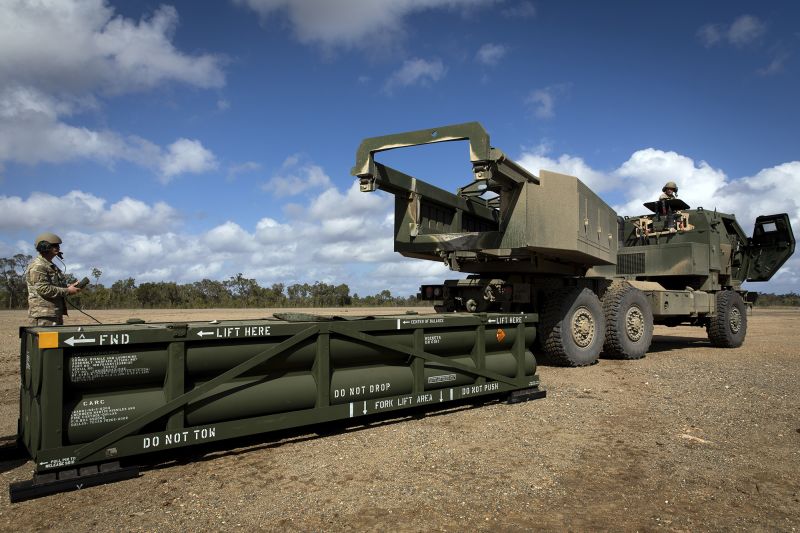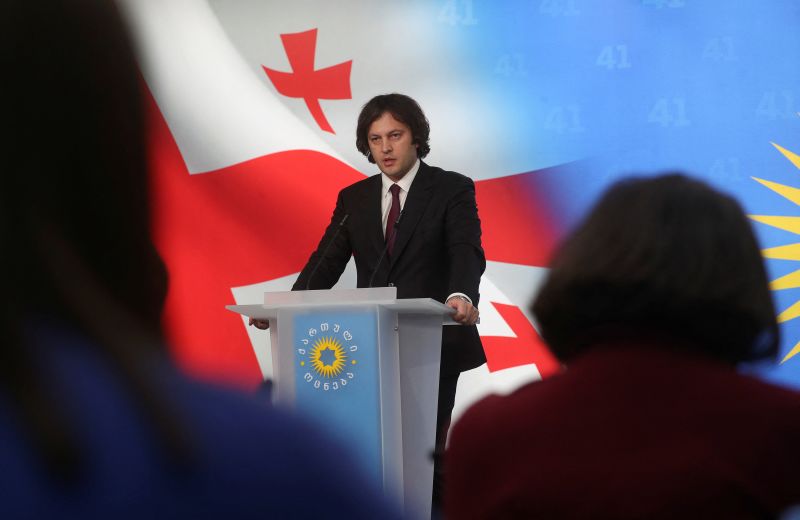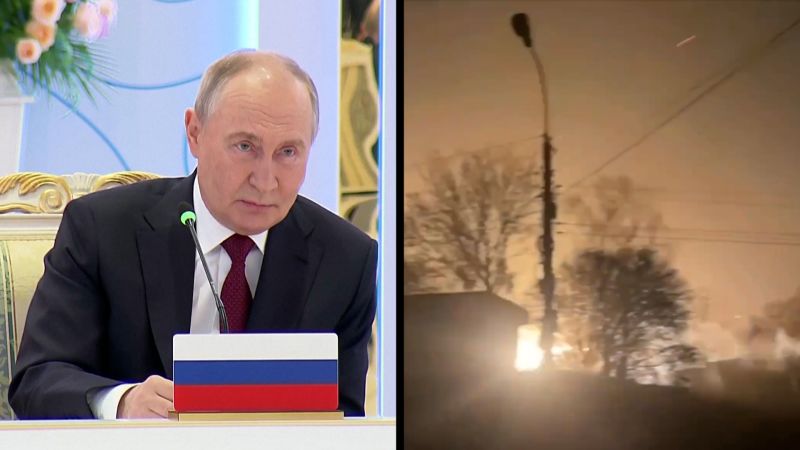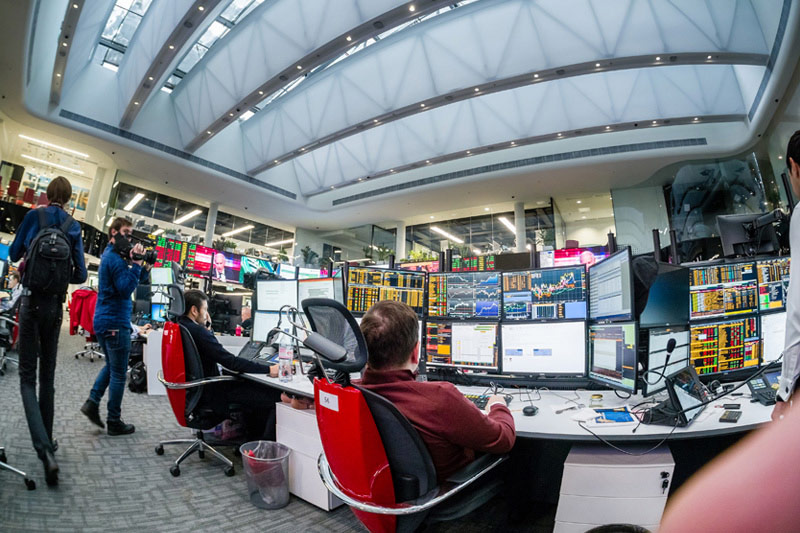Syria’s rebels exploit weaknesses in Iran’s proxies to launch surprise offensive
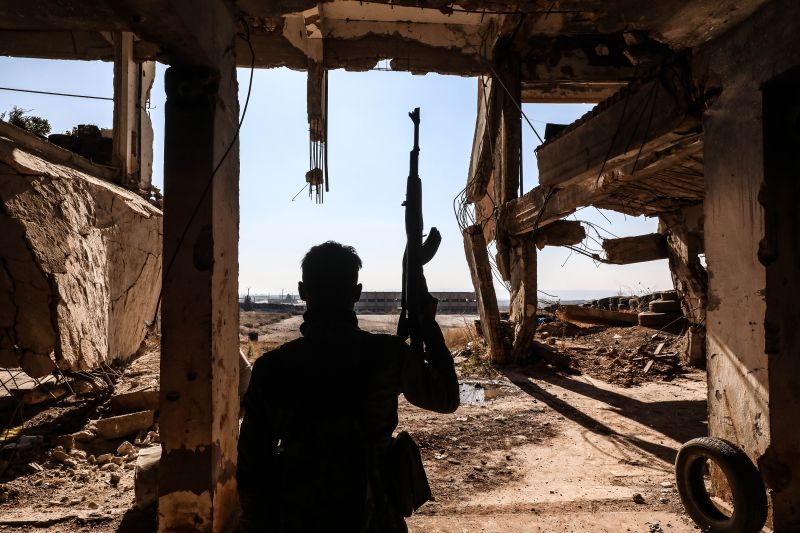
Anti-government rebels in northern Syria have launched a sudden offensive in an effort to capitalize on Israel’s efforts to weaken Iran’s regional proxies.
After making only limited gains in recent years, they have already captured some 40 towns and villages that were controlled by government forces, as well as a Syrian military base.
Coming together for an anti-regime operation, rebels from various factions closed in on Syria’s second largest city, Aleppo on Thursday. Aleppo has been controlled by Assad’s government and pro-Iranian militias since 2016.
The rebels said the offensive was launched to deter the Syrian government and “Iranian militias” who “declared an open war” on the Syrian people by striking areas with displaced populations.
Wednesday’s surprise operation marks the first significant conflagration between Syrian rebels and the regime since March 2020, when Russia and Turkey mediated a ceasefire in the north of the country.
Over the past year, Iran has watched its prized proxy Hezbollah get battered by a ferocious Israeli aerial and ground campaign in Lebanon. The militant group, which was credited for helping save the Assad regime from Syrian rebels, is now significantly weakened, with most of its leaders assassinated.
Opposition factions announced the offensive Wednesday on their Telegram channel, calling it the “Deterrence of Aggression,” and claiming it was a response to recent artillery shelling from the regime of Syrian President Bashar al-Assad in the province of Idlib, which borders Turkey.
Iranian state media said that Islamic Revolutionary Guards Corps (IRGC) Brigadier General Kioumars Pourhashemi, a senior Iranian military adviser in Syria, was killed in Aleppo.
Hassan Abdelghani, a spokesperson for the rebel coalition said on Telegram Thursday that the target of the operation is Assad’s forces and Iranian militias, who the rebels accuse of bringing “devastation, death and killing to the region” while “exploiting Arab and Muslim populations” to push their “sabotaging plans” under “the guise of resistance”.
Weakened Axis of Resistance
Analysts say the rebels are using a vacuum left by a weakened Hezbollah to advance in Syria.
“The rebels see an opportunity to test the front lines with Hezbollah weakened, a pressured Iran and a Russia busy with Ukraine… the rebels were surprised by their success and they pushed harder than they anticipated,” Nanar Hawach, a senior analyst focused on Syria at the International Crisis Group, a Brussels-based think tank, said.
“The rebels see a shift in powers.”
Iran and Russia have for more than a decade supplied forces and arms to help Assad remain in power. Turkey under Recep Tayyip Erdogan has supported rebel groups and has deployed Turkish forces to retain command over the rebel-held strongholds of northern Syria.
Iran has maintained military presence in Syria as part of an expansive effort to keep Assad in power and protect a strategic regional footprint. Its Islamic Revolutionary Guards Corps has been targeted by Israel over past years, including an airstrike on an Iranian embassy building in Damascus in April that killed a top IRGC commander, and prompted Tehran’s first ever direct strike on Israel.
Iran’s proxy Hezbollah has been instrumental in assisting Assad regain territory lost to militias and rebel groups. Its fighters fought on behalf of Assad against Syria’s armed opposition groups and the al-Qaeda affiliated Nusra front. Syria has served as a primary logistical backbone for the organization to build its missile arsenal in its home country Lebanon.
Over the past year, Hezbollah’s fighting forces shifted their focus toward Israel, pulling troops from Syria to Lebanon, in an attempt to consolidate their losses as Assad grew closer to Gulf Arab states and became less engaged with Iran’s “Axis of Resistance,” a loose grouping of regional Iran-allied militias, Hawach said.
Israel has since inflicted major damage on the group in Lebanon, killing its longtime leader Hassan Nasrallah and eliminating many of the group’s top brass. The Israeli military in September launched an all-out offensive on Shia-majority areas across the country where Hezbollah wields significant influence and pummeled other parts of Lebanon.
“An objective for Hezbollah was to have a tangible presence in Syria, this diminished throughout the last year because of the pulling of troops especially with the Israeli escalation in Lebanon,” he said.
